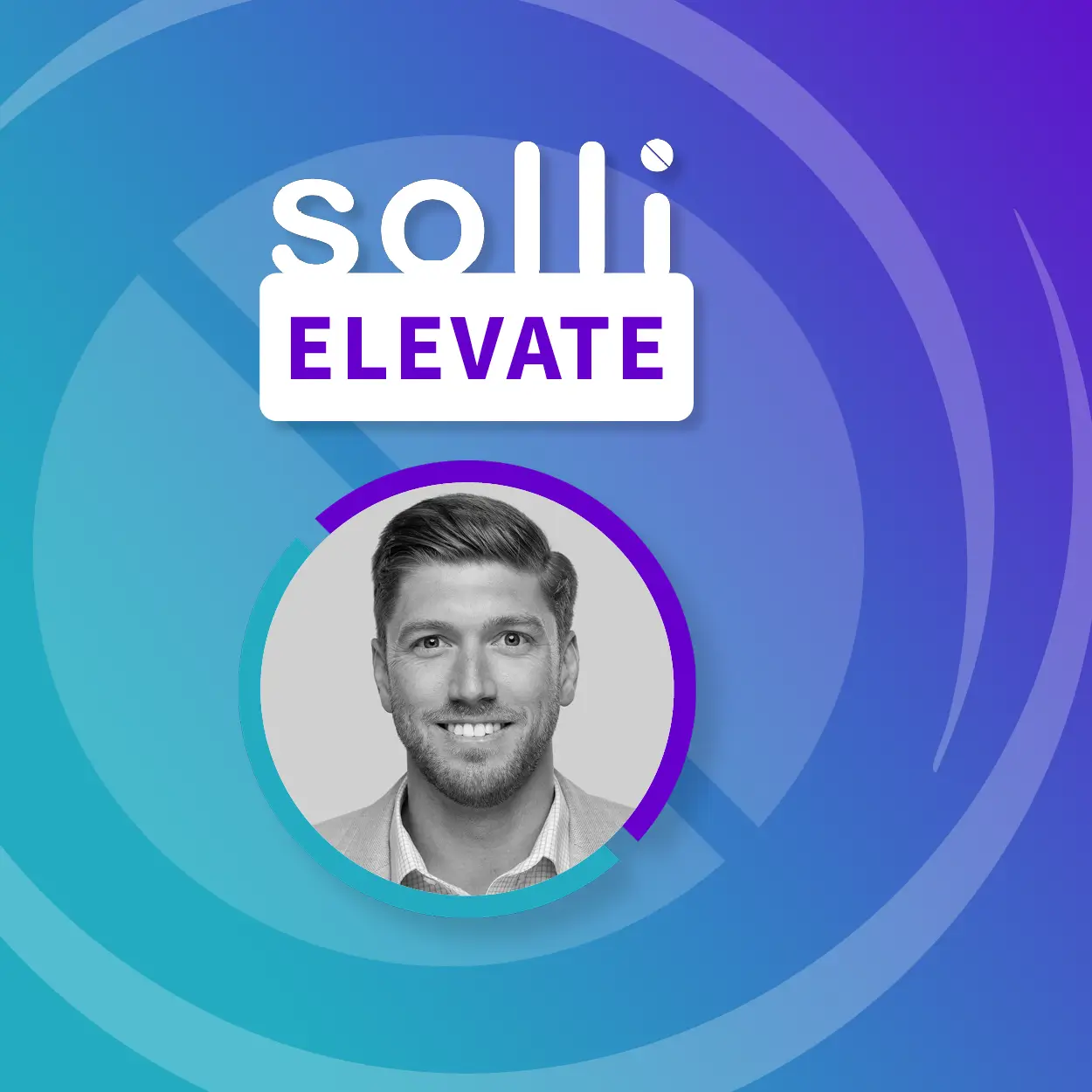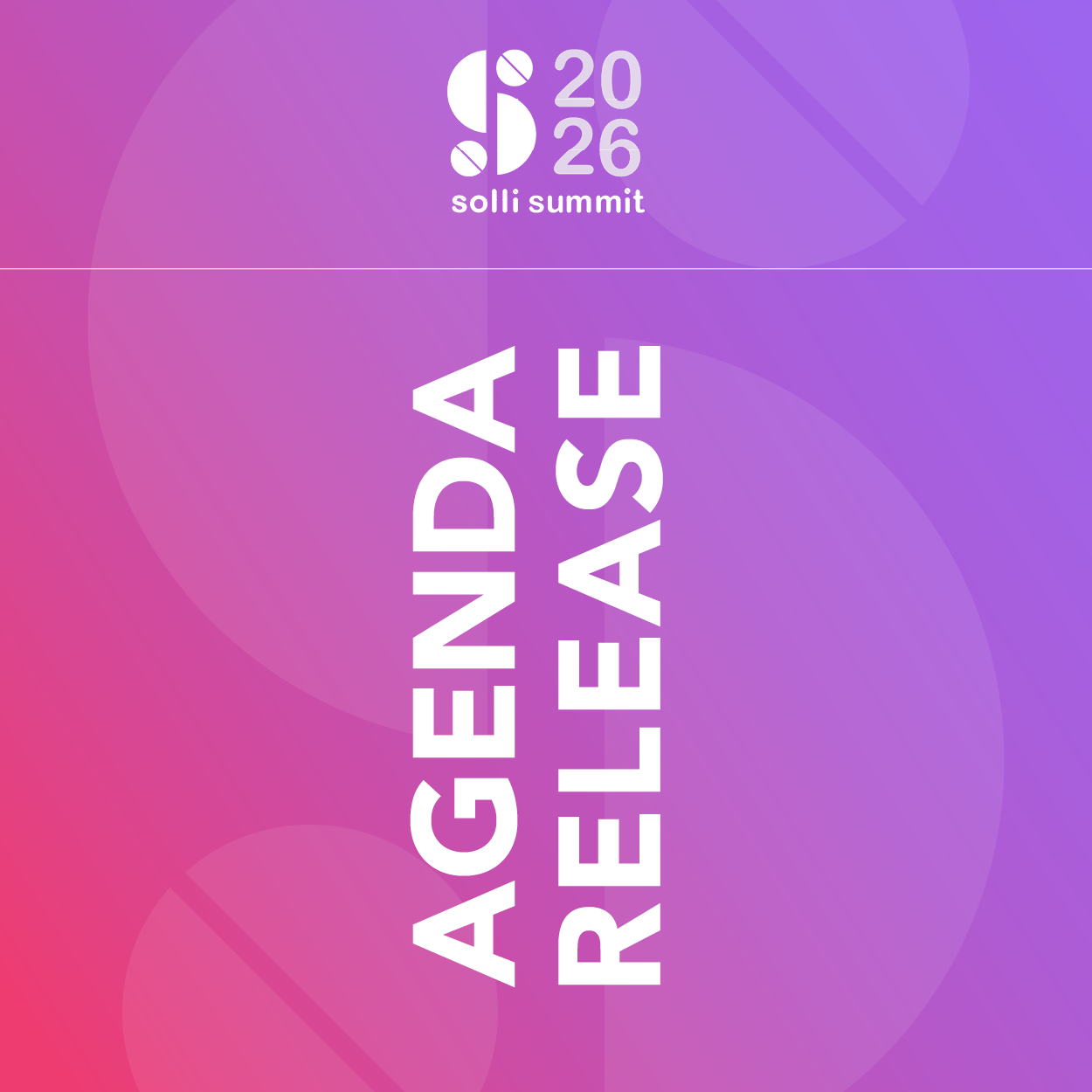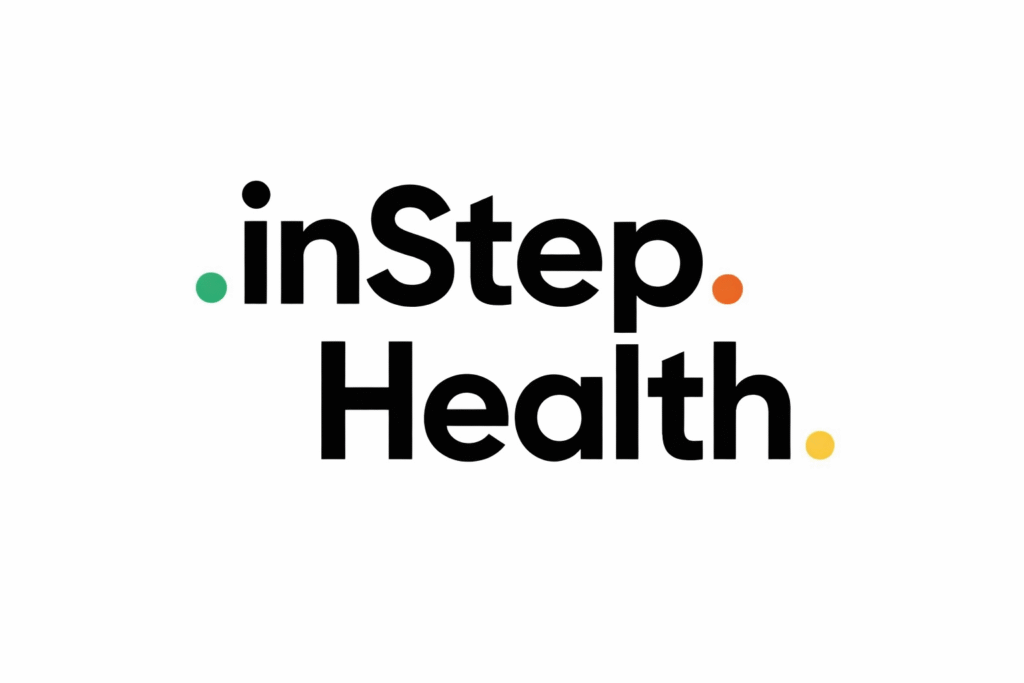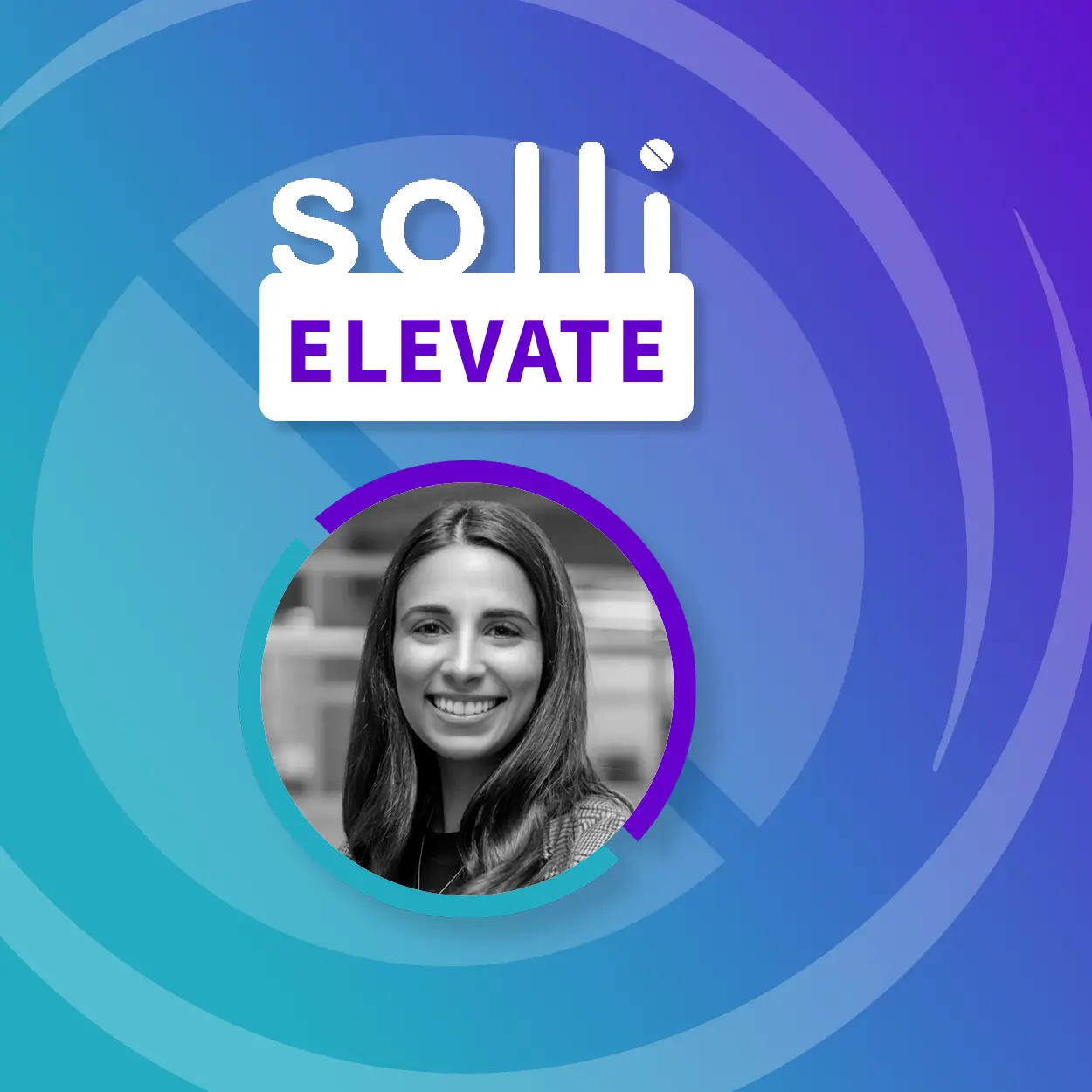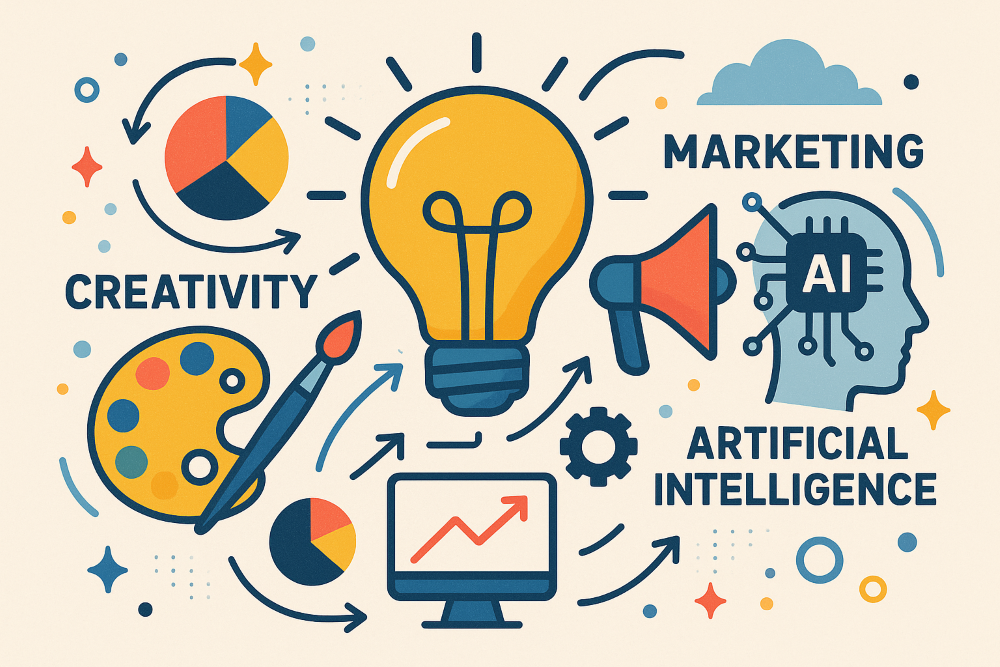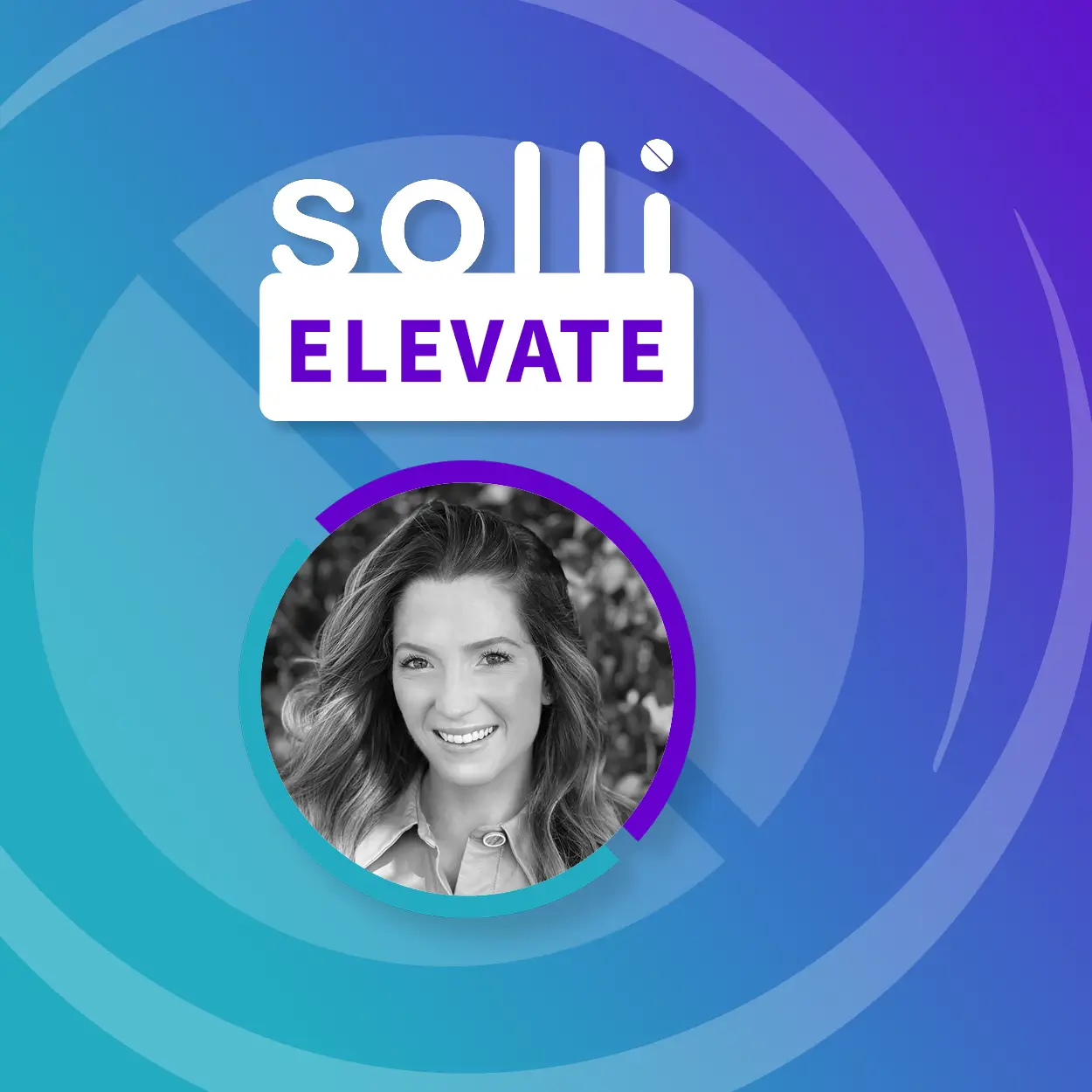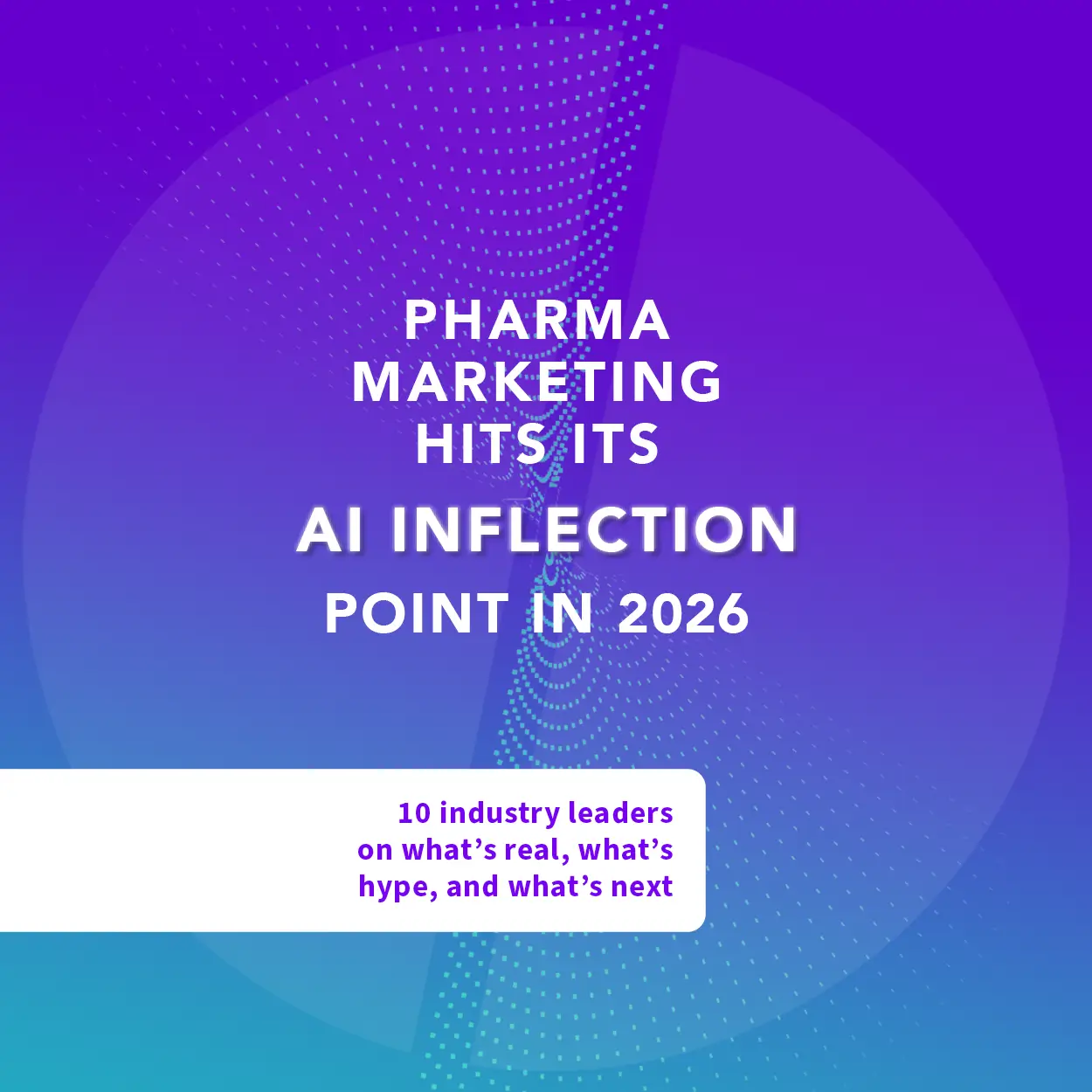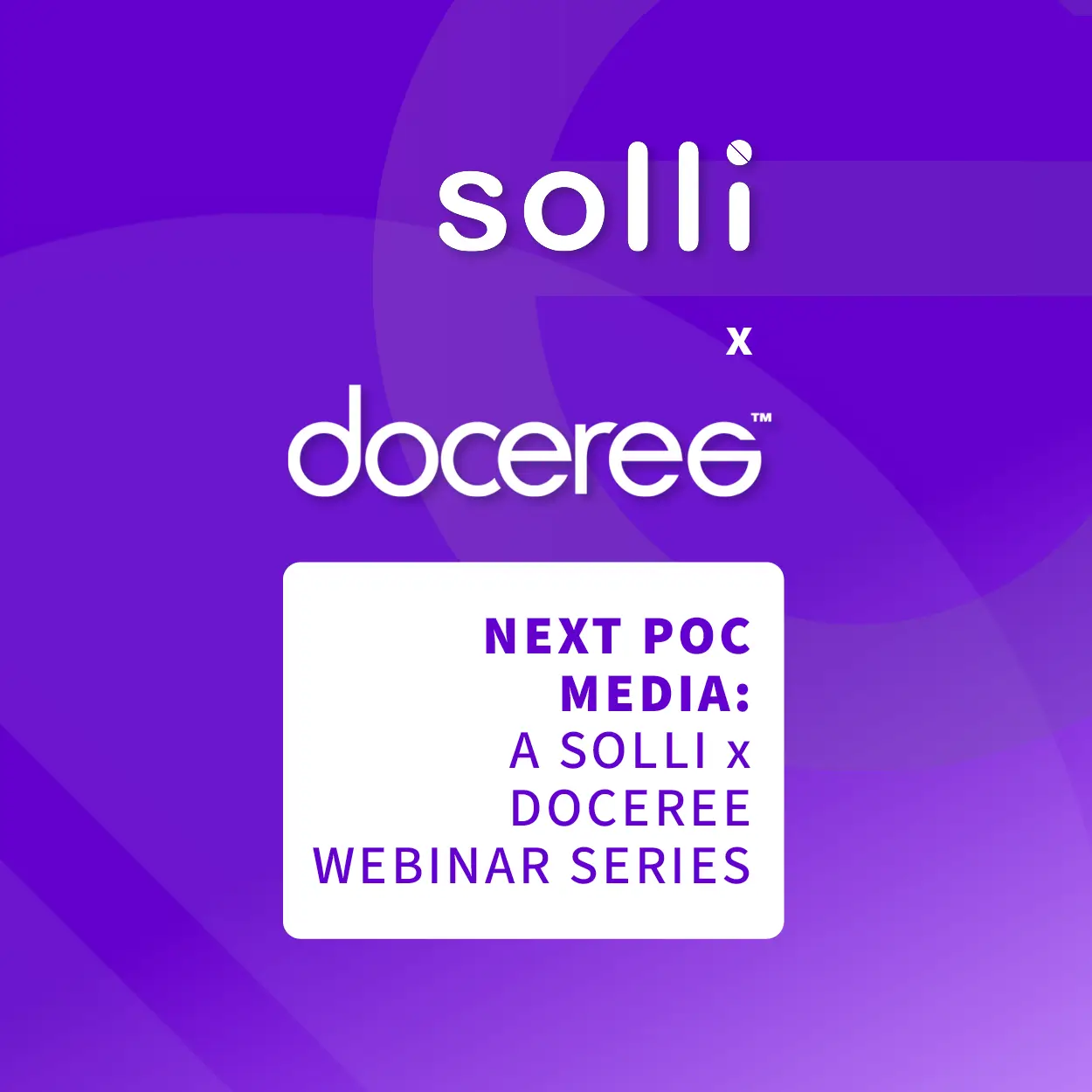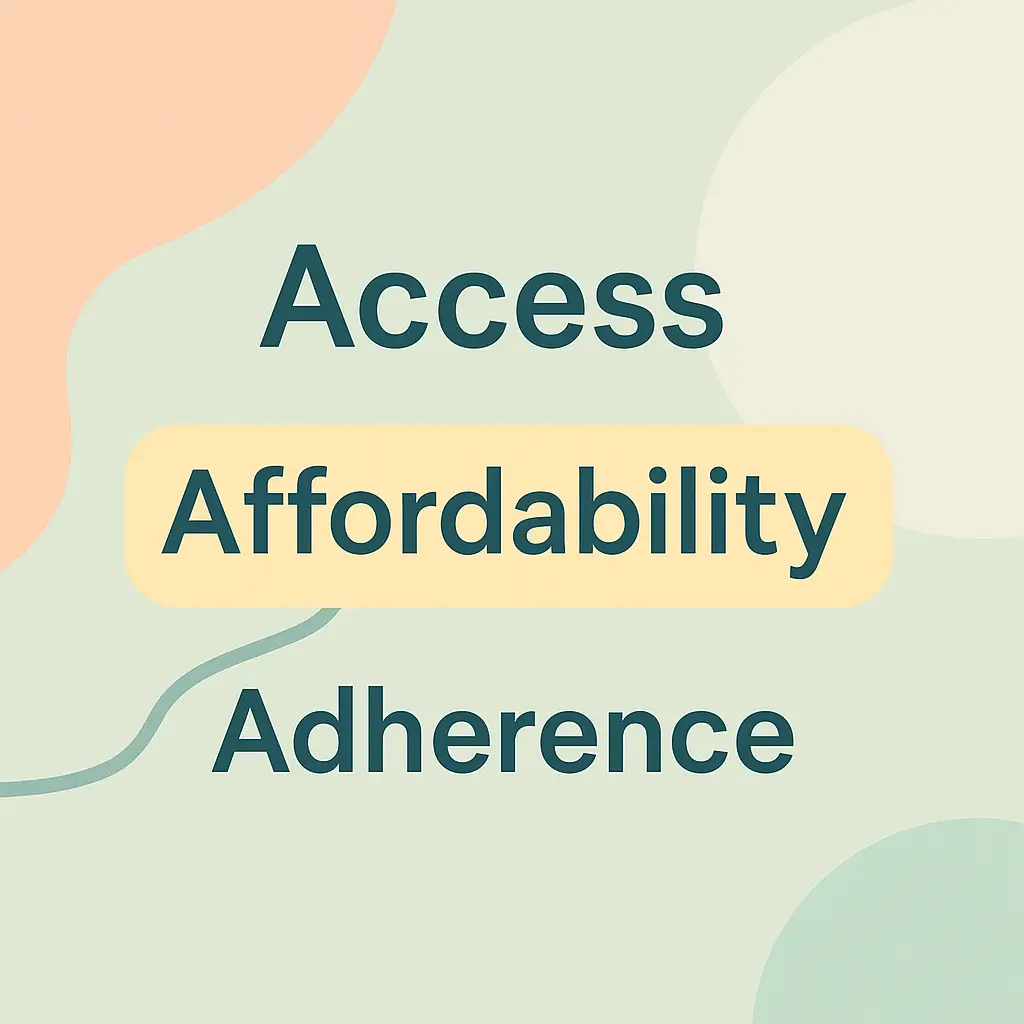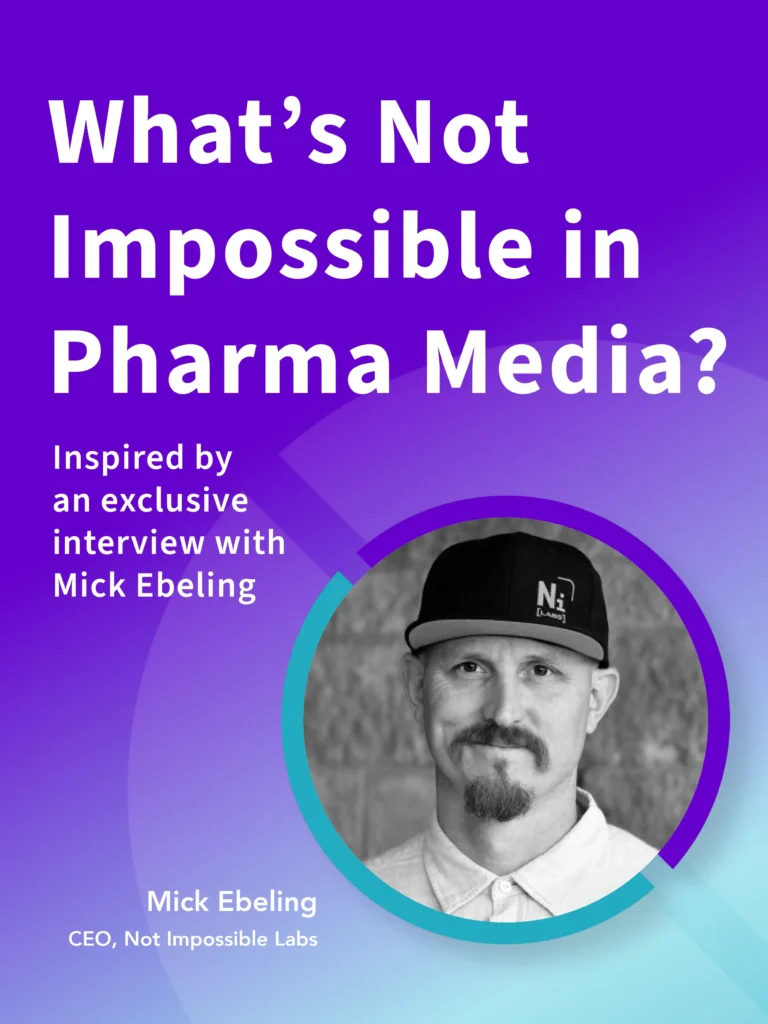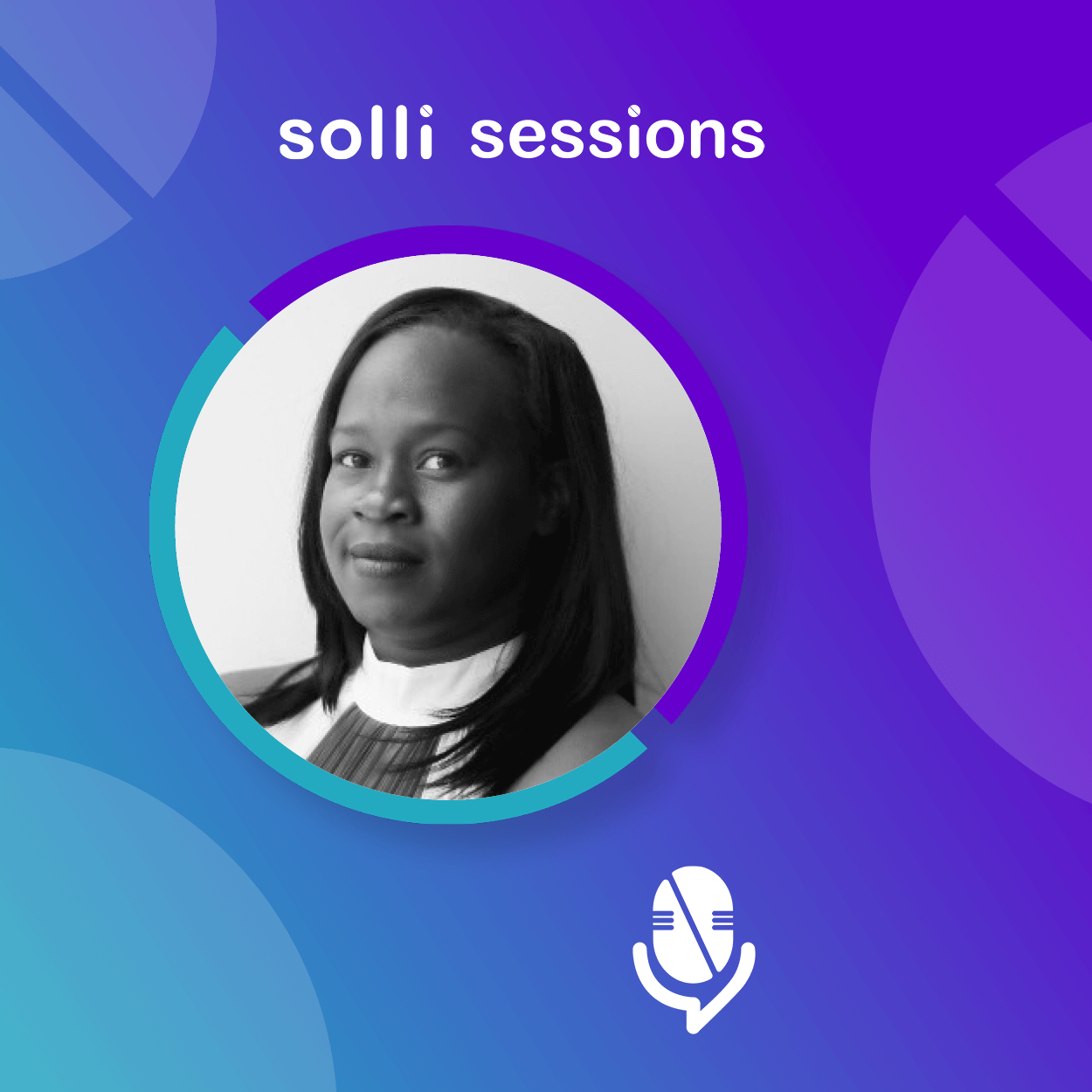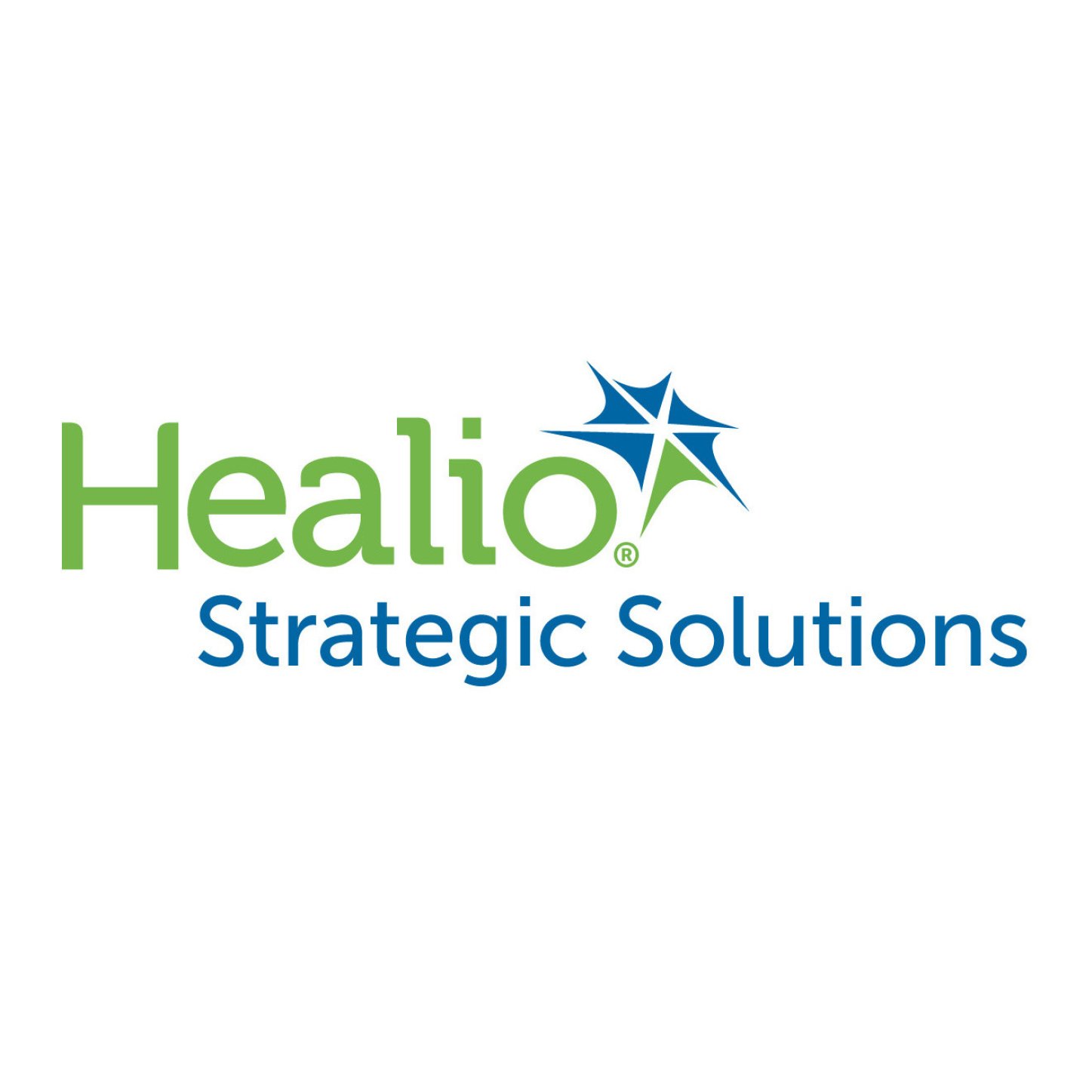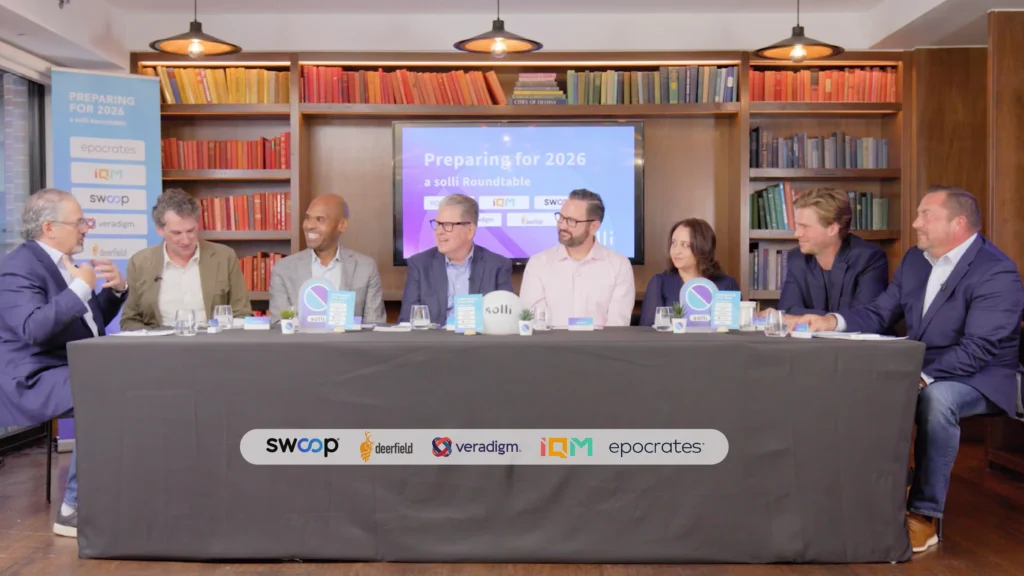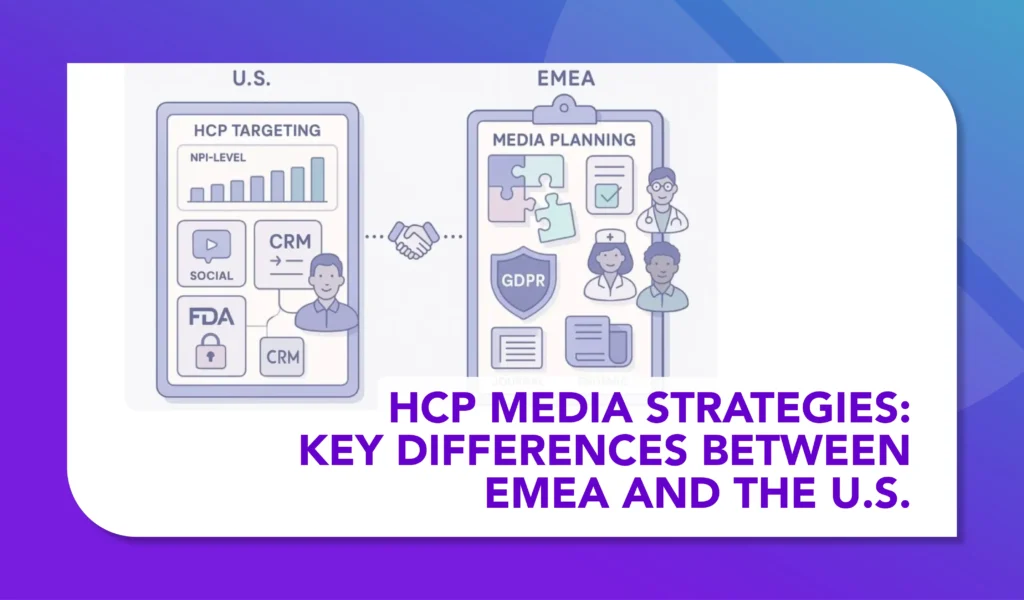Medscape Unveils New Clinical AI Platform
A new medical-grade generative-AI platform delivering evidence-based, specialty-specific insights to clinicians worldwide.
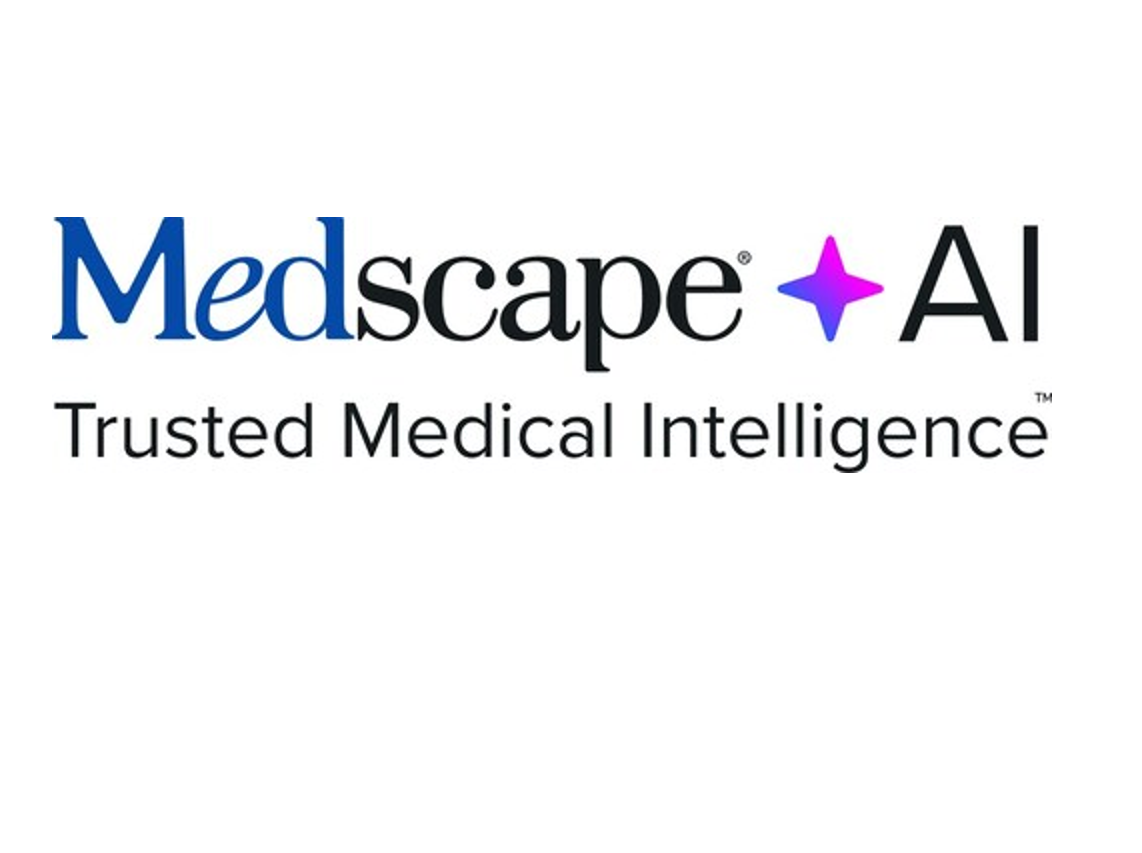
Medscape has launched Medscape AI, a new generative-AI clinical information platform built on three decades of proprietary medical content and evidence. Positioned as the first “trusted medical intelligence” system of its kind, the tool is designed to deliver validated, up-to-date insights to health care professionals worldwide.
According to the company, Medscape AI draws exclusively from its vetted content archive, 400+ peer-reviewed journals, breaking clinical news, and continually updated medical guidelines. The goal: to provide clear, reliable answers to diagnostic, treatment, and evidence-based questions within specialty-specific clinical workflows.
The platform is free to all 13 million Medscape members globally and is available in multiple languages. Medscape said the system refreshes daily and is supported by editorial oversight to ensure clinical accuracy and traceability, with every output linked back to its primary evidence source.
The launch arrives as physician adoption of AI accelerates. “As AI becomes essential to modern clinical practice, it not only needs to unlock unmatched value to our users, it must also meet the rigorous standards clinicians require: accurate, current, and evidence-based,” said Bob Brisco, CEO of Internet Brands, Medscape’s parent company.
Medscape cited growing clinician demand for tools that synthesise rising volumes of medical knowledge into actionable next steps at the point of care. Co-developed with practising clinicians, the platform includes features such as differential diagnosis support, treatment pathways, and clinical guidance personalised to specialty needs.
Medscape positions the platform as an expansion of its existing global ecosystem of news, education, and clinical reference resources.
For many clinicians, the launch represents a major shift in global access to validated medical intelligence.
“I’ve been using Medscape for nearly three decades, since medical school,” said Dr. Kevin Fernando, FRCGP FRCP Edin FAcadMEd, MSc Diabetes. “The global launch of Medscape AI puts clinicians at the forefront of innovation. Rapid access to trusted, human-validated expert content will improve clinical practice and elevate patient care for me and my colleagues across Europe and beyond.”
solli’s Final Thoughts
The launch of Medscape AI is another marker in the continued evolution of HCP medical publishing. What were once static libraries of articles, news, and guidelines are rapidly becoming dynamic, AI-ready ecosystems—designed not only for readers, but for machines that retrieve, interpret, and synthesise clinical knowledge in real time. As publishers restructure their archives for model consumption, editorial workflows, evidence traceability, and update velocity all become foundational to their competitive advantage.
A key part of this evolution is the shift toward conversational access to medical information. As we noted on solli in July 2024 in our piece, “Will All Digital Media Content Need To Be Accessible Conversationally?”, users have become to expect natural-language interactions with digital media—not just browsing, but “asking” content questions and receiving coherent, consolidated, multi-source answers.
Medscape AI is a direct expression of this trend: not just an AI feature, but a preview of how clinical reference platforms will operate when conversation replaces navigation as the primary user interface.
This transition has significant implications for commercial relationships across HCP publishers. When core products becomes an AI layer that synthesises entire content libraries, traditional ad placements and isolated sponsorships give way to deeper integrations: structured data partnerships, evidence-grade content modules, conversationally retrievable sponsored education, and higher expectations for transparency within AI-generated answers.

